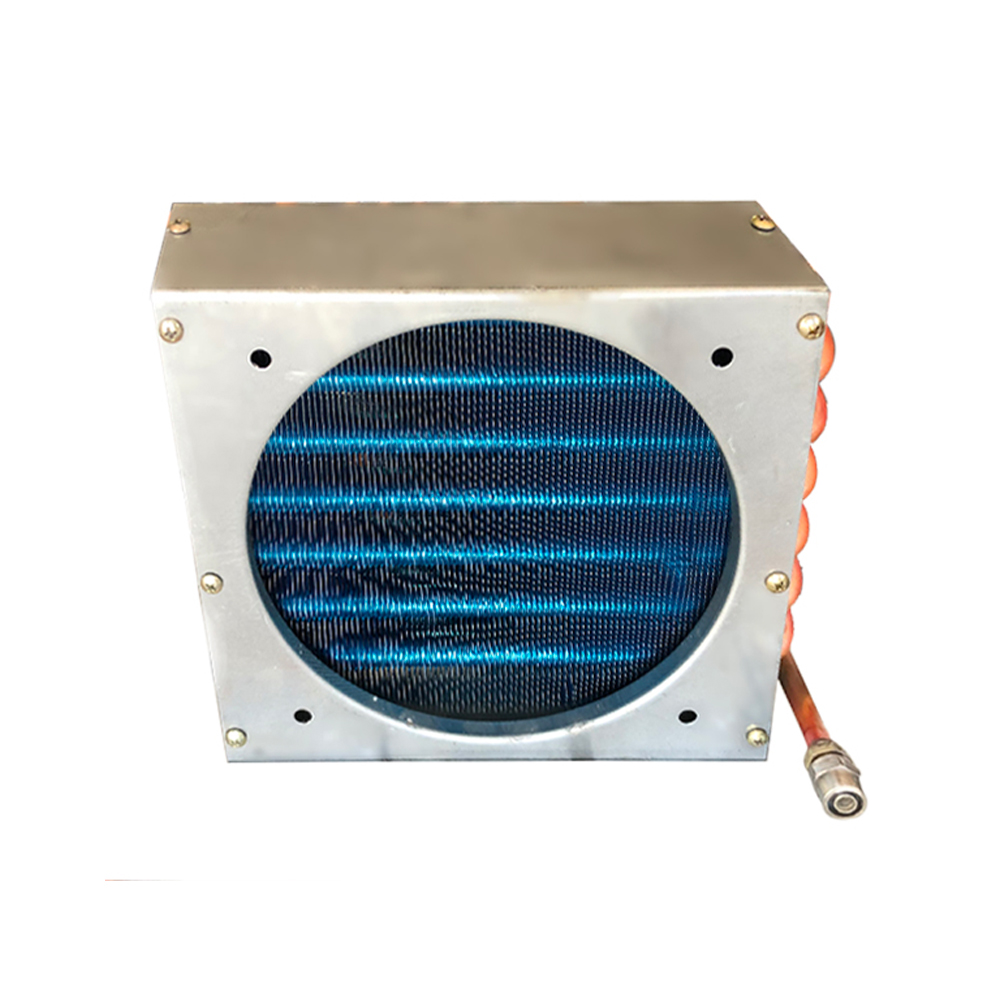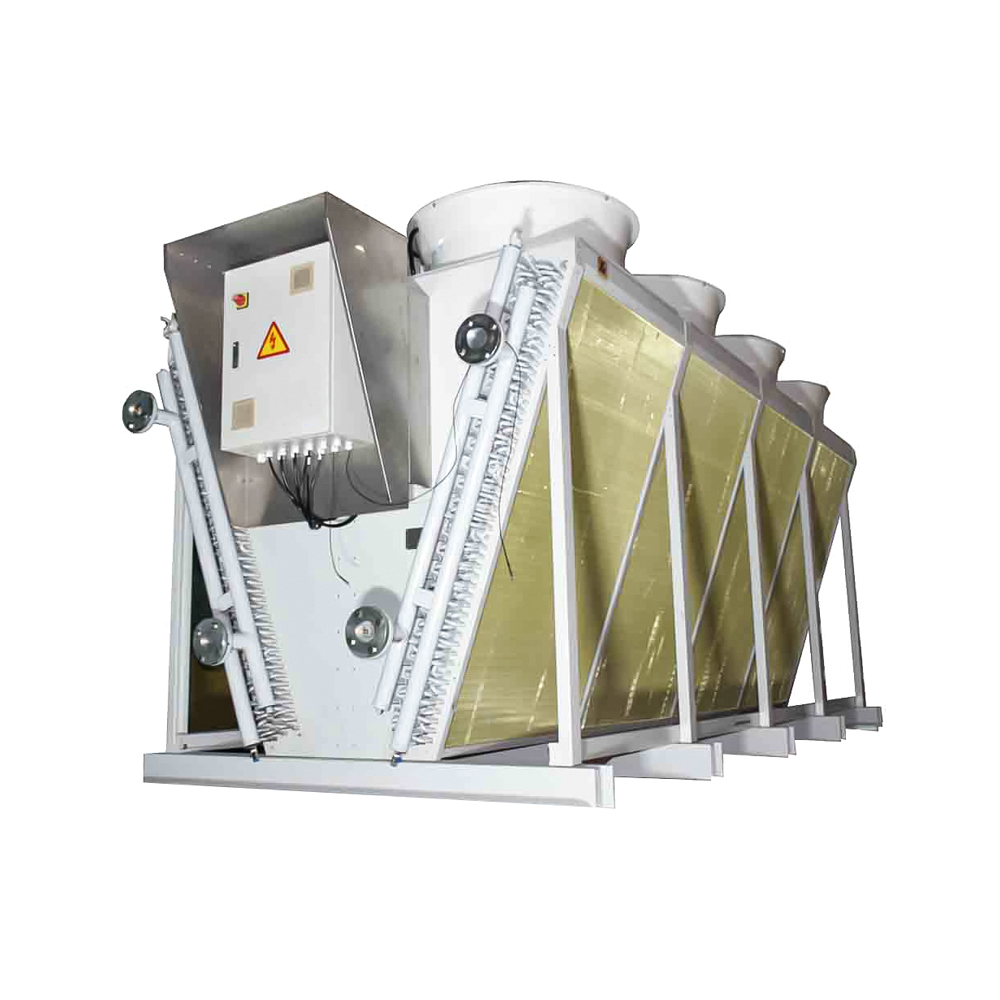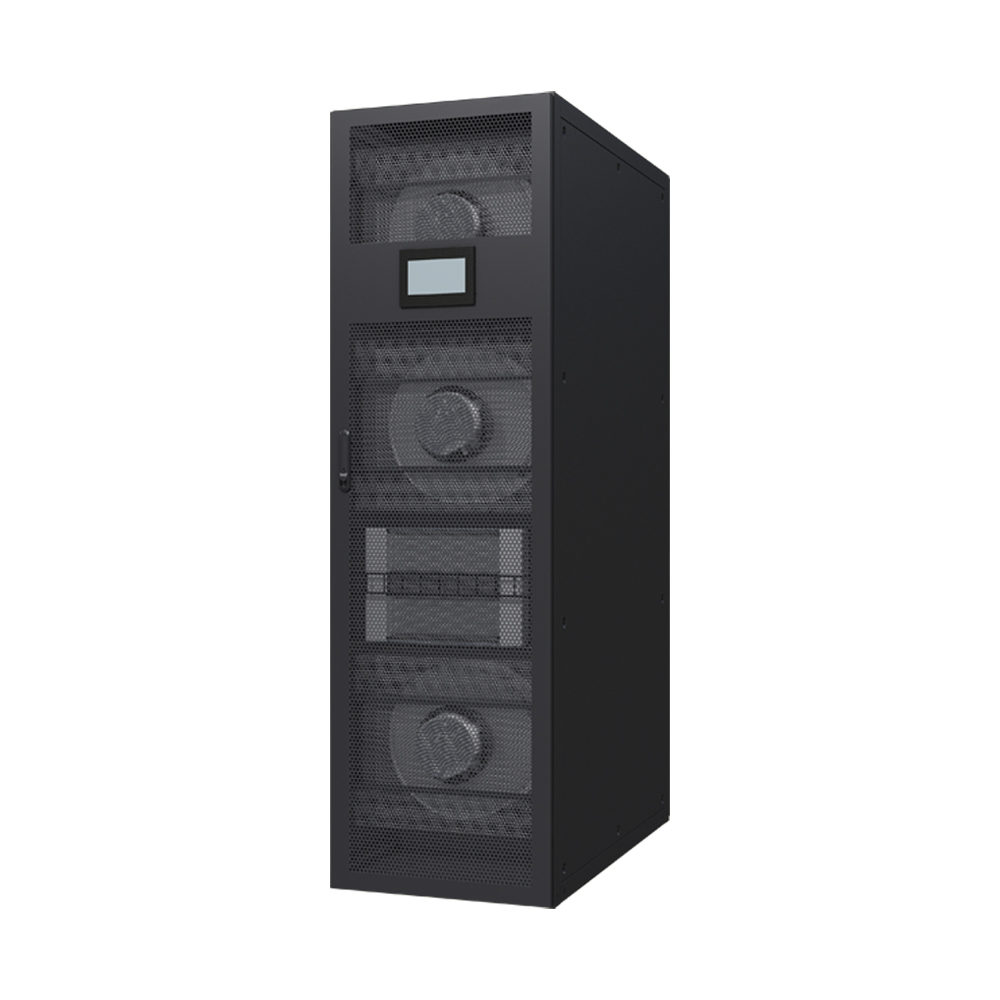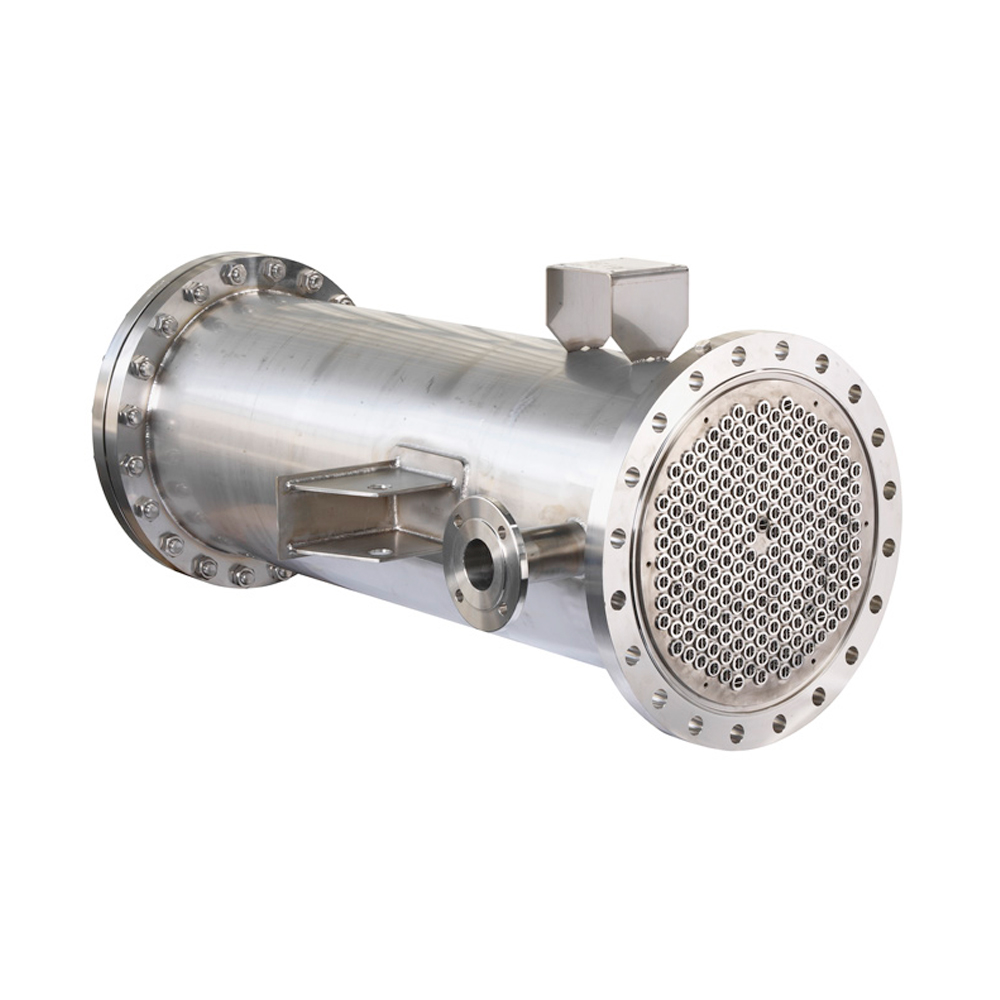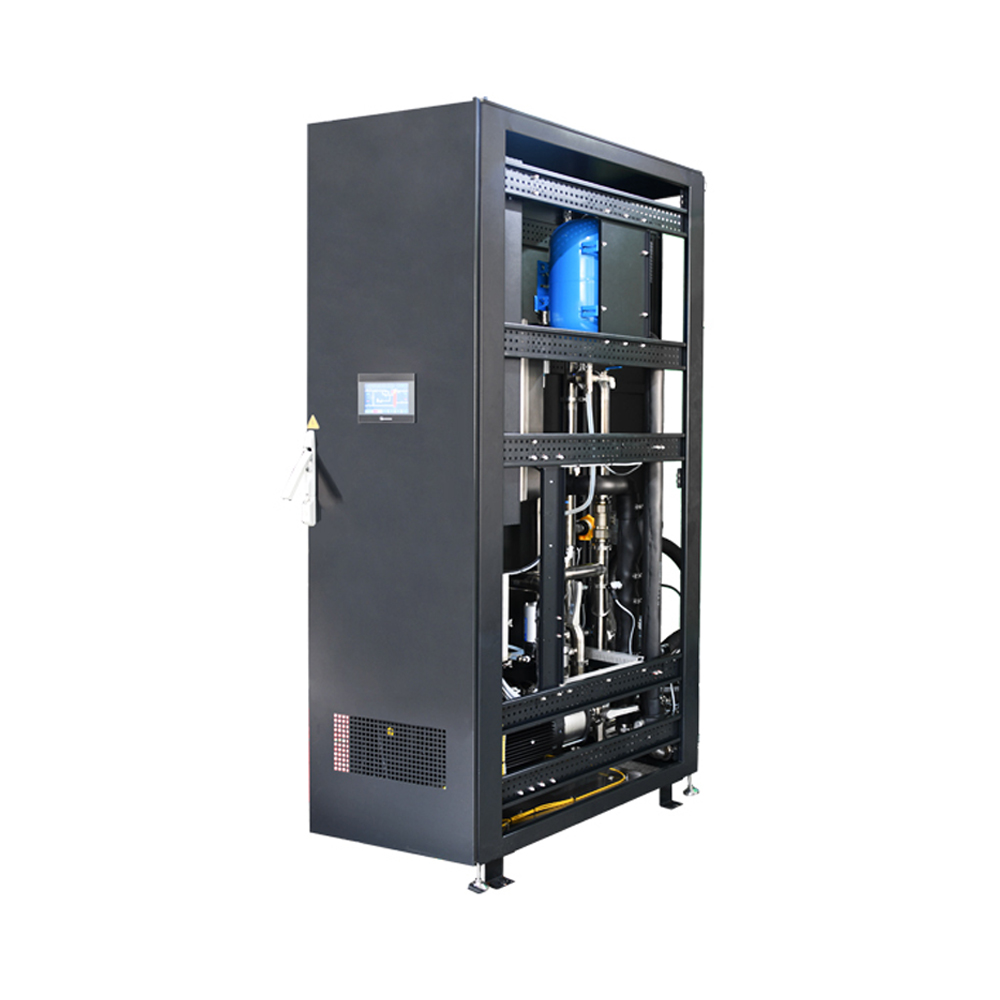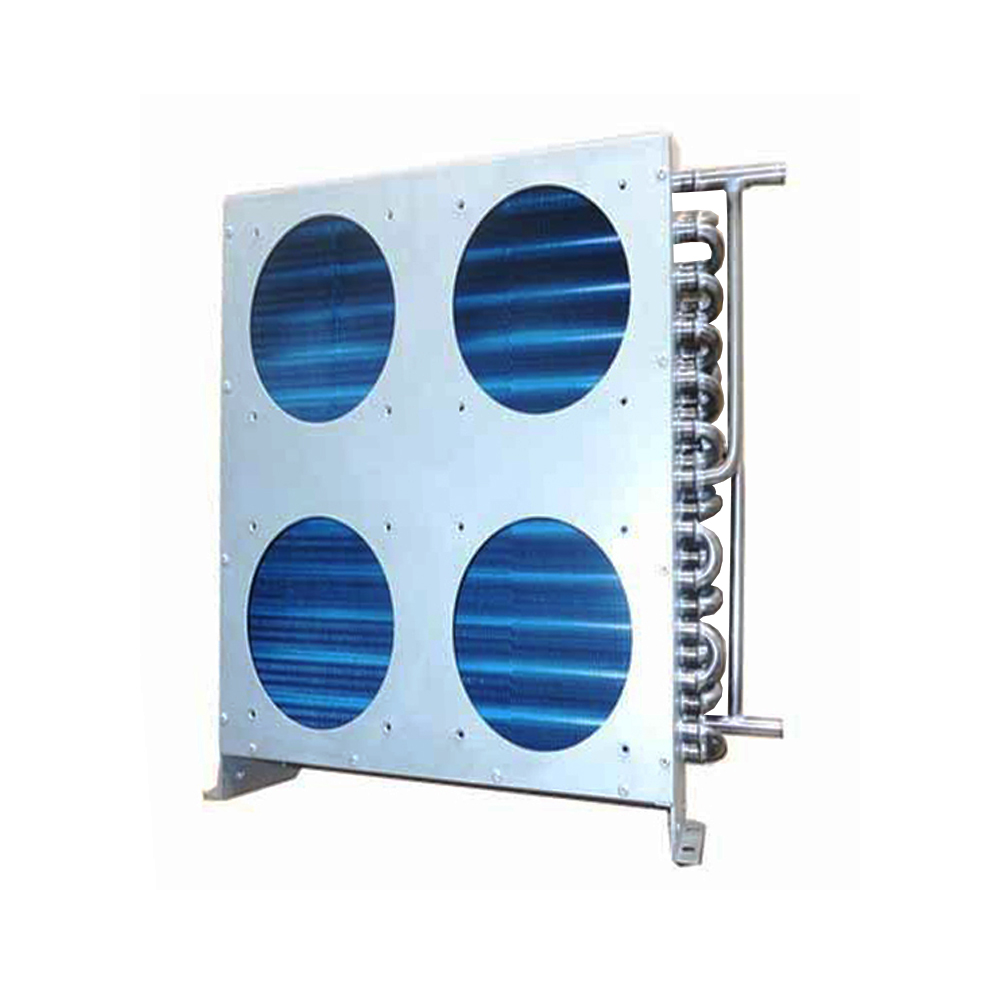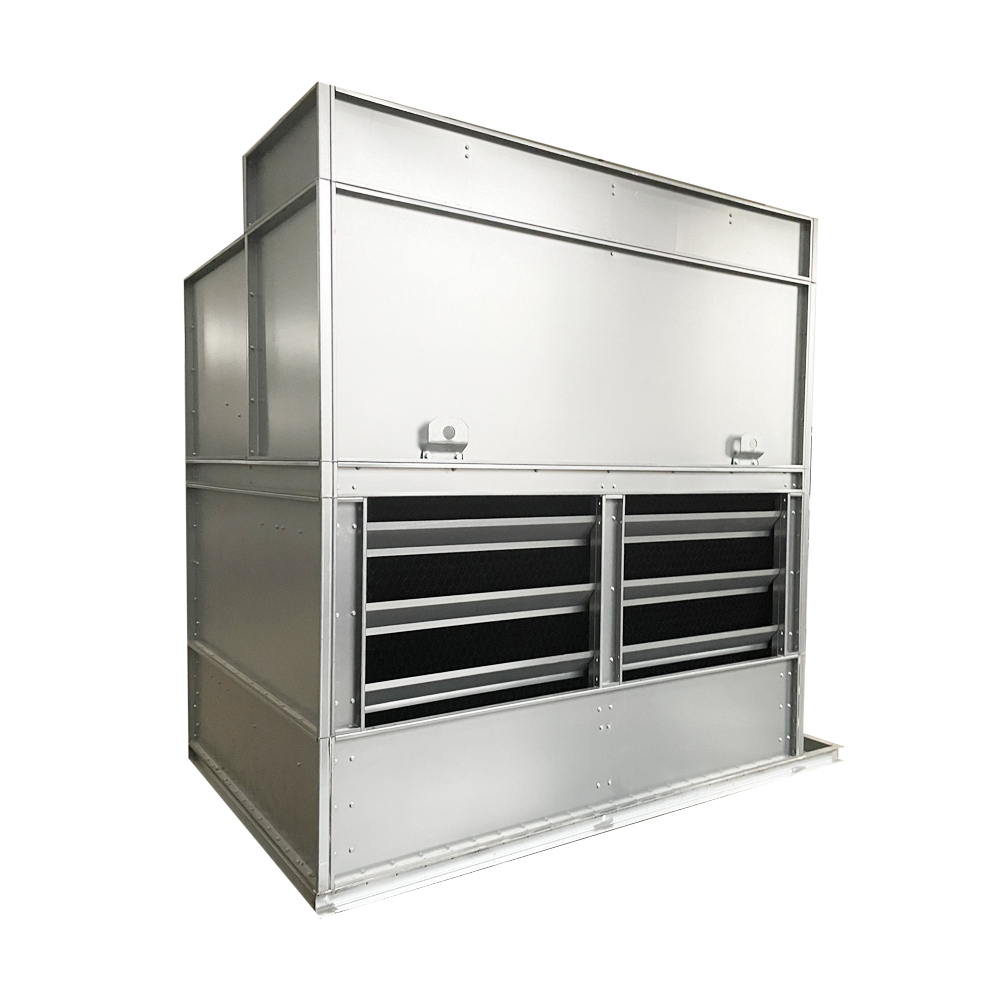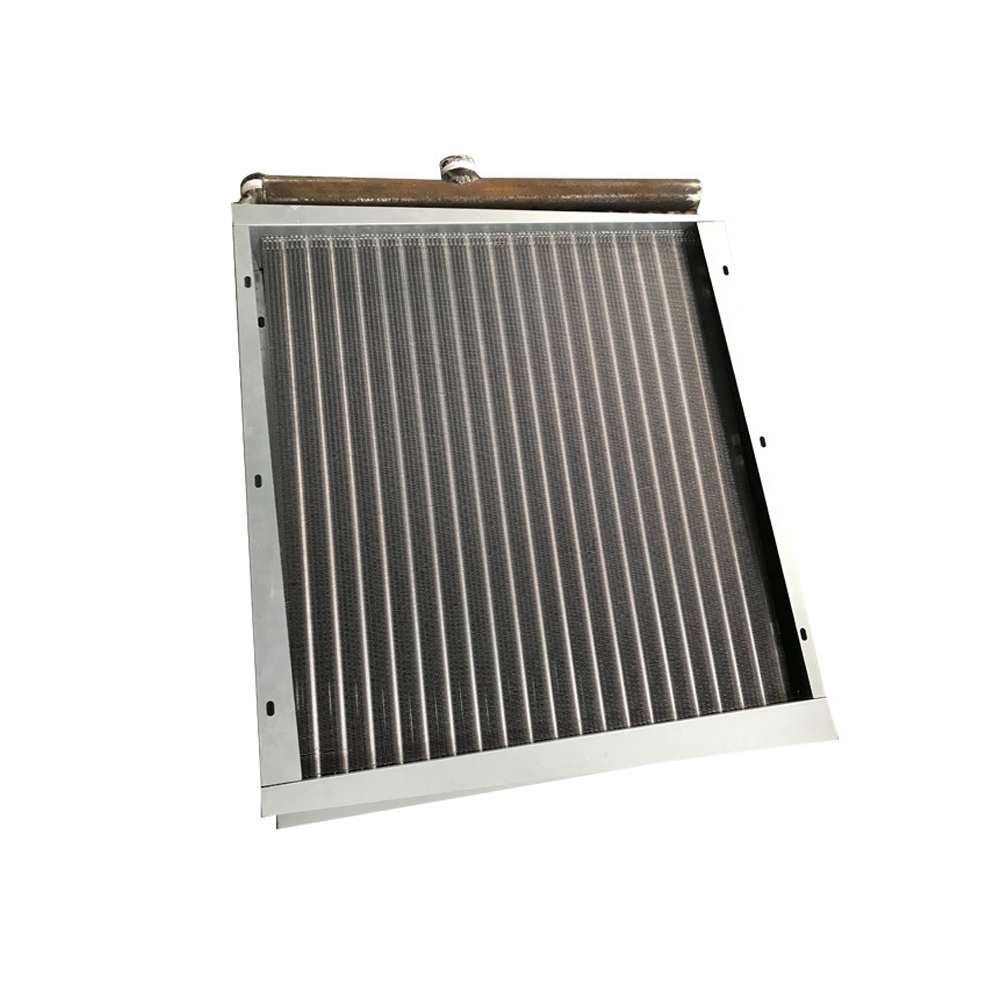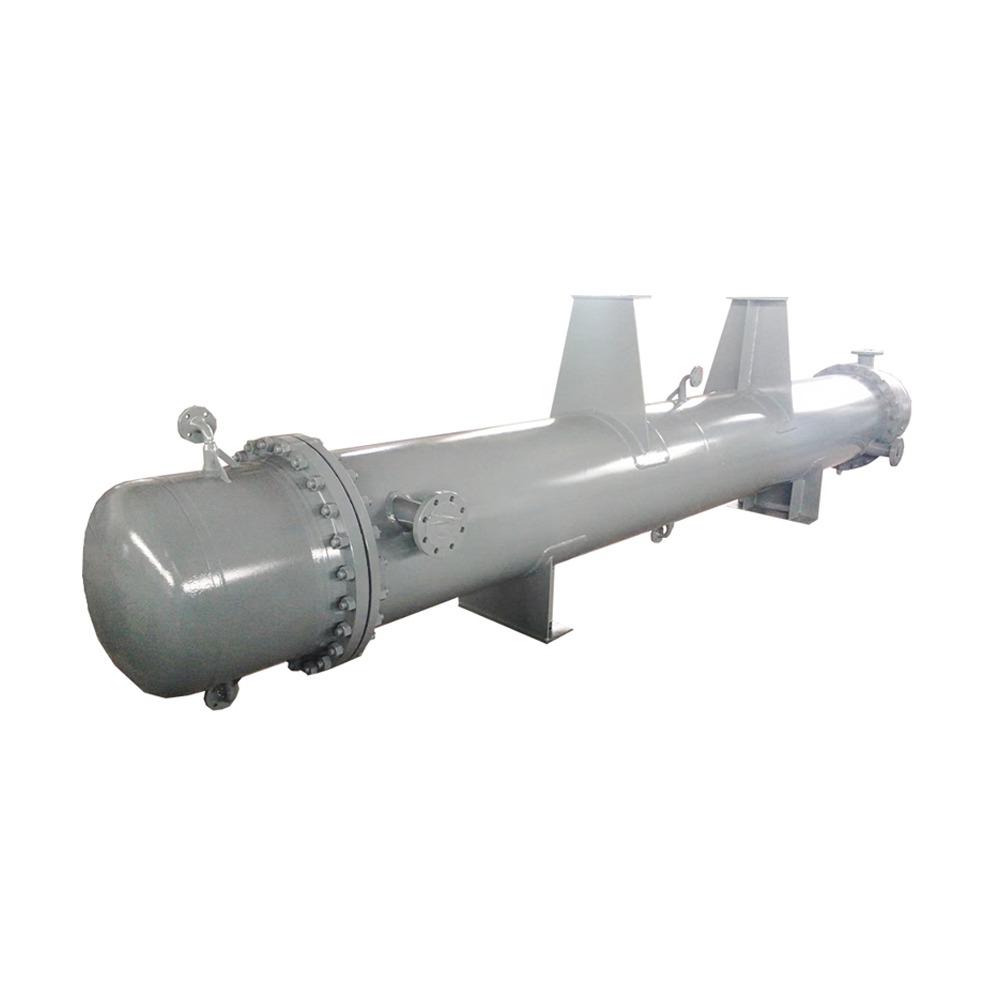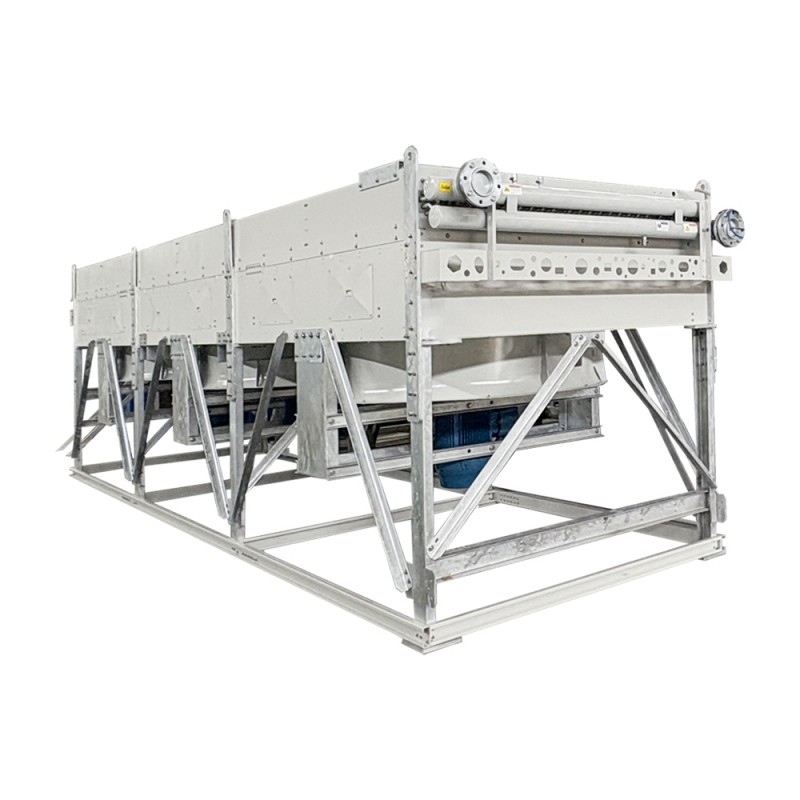This comprehensive guide explores the intricacies of OEM generator remote radiators, providing valuable insights for choosing the ideal solution for your specific needs. We’ll delve into the functionality, benefits, selection criteria, and crucial considerations for successful implementation.
What is an OEM Generator Remote Radiator?
An OEM generator remote radiator is a crucial component designed to effectively dissipate heat generated by a generator's engine, away from the main generator unit. This separation is vital for several reasons, including improved safety, reduced noise, extended component lifespan, and optimized performance in various environments. Unlike integrated radiators, a remote radiator allows for more flexible placement, crucial in space-constrained applications or those requiring heat management away from sensitive equipment. Many leading manufacturers like Shanghai SHENGLIN M&E Technology Co.,Ltd offer a range of options tailored to diverse generator types and power outputs.
Benefits of Using a Remote Radiator for Your Generator
Employing a remote OEM generator remote radiator offers several key advantages:
Improved Safety
By relocating the heat source, a remote radiator reduces the risk of burns and fire hazards associated with high-temperature components near personnel or flammable materials.
Reduced Noise Pollution
The separation of the radiator from the generator itself can contribute to a quieter operating environment by mitigating fan noise associated with heat dissipation.
Extended Component Lifespan
Effective heat management prolongs the life of critical engine components by preventing overheating and related wear and tear. This translates to lower maintenance costs and reduced downtime.
Enhanced Efficiency
Proper heat dissipation optimizes engine performance and fuel efficiency, leading to cost savings in the long run. A well-designed system can ensure the generator runs at its peak performance.
Flexible Installation Options
Remote radiators offer greater flexibility in installation compared to integrated units, accommodating diverse space constraints and environmental considerations. This adaptability simplifies integration into various generator setups.
Key Factors to Consider When Choosing an OEM Generator Remote Radiator
Selecting the appropriate OEM generator remote radiator requires careful consideration of several critical factors:
Generator Power Output
The radiator's cooling capacity must match the heat generated by the generator. Undersizing can lead to overheating, while oversizing adds unnecessary cost and complexity.
Ambient Operating Conditions
Extreme temperatures, high humidity, or dusty environments demand radiators with enhanced durability and cooling performance. Consider the specific climatic conditions where the generator will operate.
Cooling Medium
Different radiators utilize various cooling mediums, including air or liquid. The choice depends on factors like efficiency, environmental impact, and overall system design.
Material and Construction
The radiator's material impacts its durability, corrosion resistance, and overall lifespan. Options range from aluminum to stainless steel, each with its own advantages and drawbacks. Consider the operational environment's corrosiveness.
Choosing the Right OEM Generator Remote Radiator: A Comparison
The following table offers a simplified comparison of various OEM generator remote radiator options (Note: Specific specifications vary by manufacturer and model. Always consult manufacturer data sheets for accurate details):
| Feature | Air-Cooled Radiator | Liquid-Cooled Radiator |
| Cooling Efficiency | Generally lower | Generally higher |
| Maintenance | Lower | Higher (fluid checks, etc.) |
| Cost | Typically lower | Typically higher |
Remember to always consult with a qualified generator specialist or the manufacturer for specific recommendations based on your generator's model and your application's unique requirements. Choosing the right OEM generator remote radiator ensures optimal performance, longevity, and safety for your system.
1 Data from various manufacturer websites and industry publications. Specific values may vary depending on the model and manufacturer.









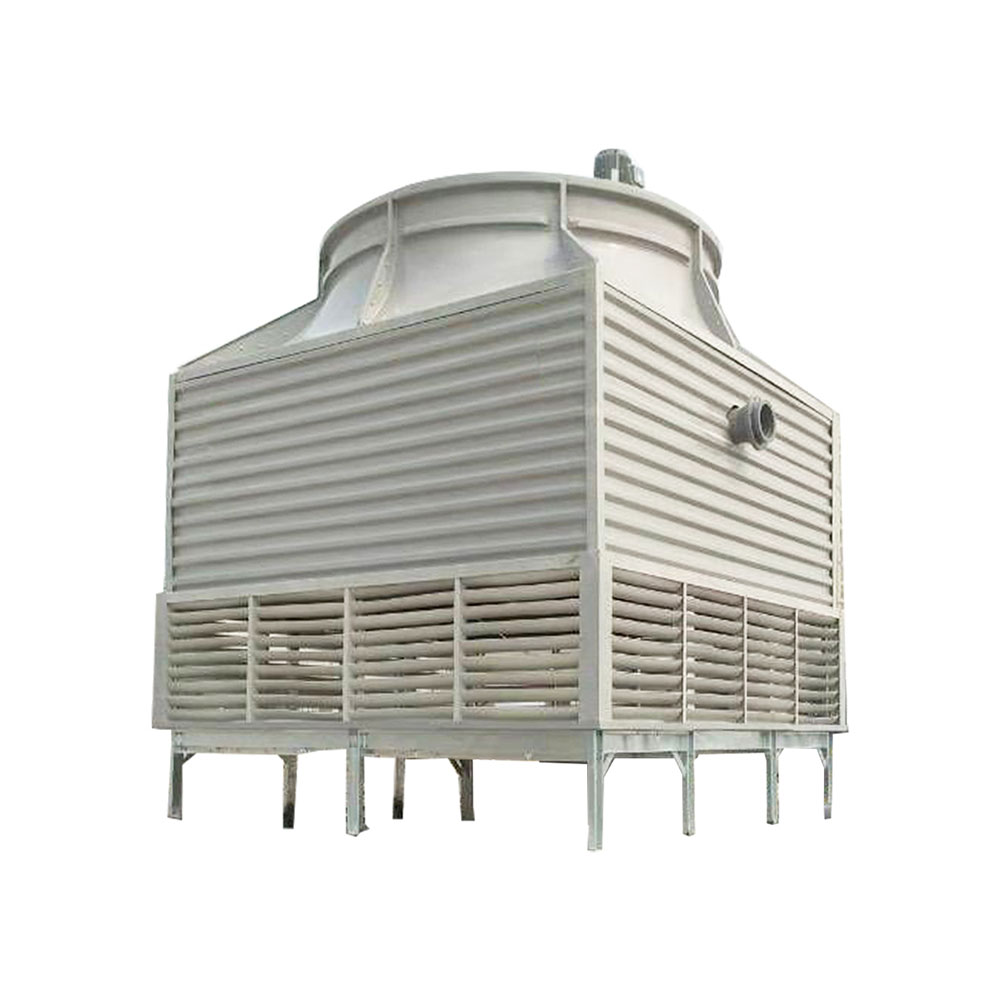
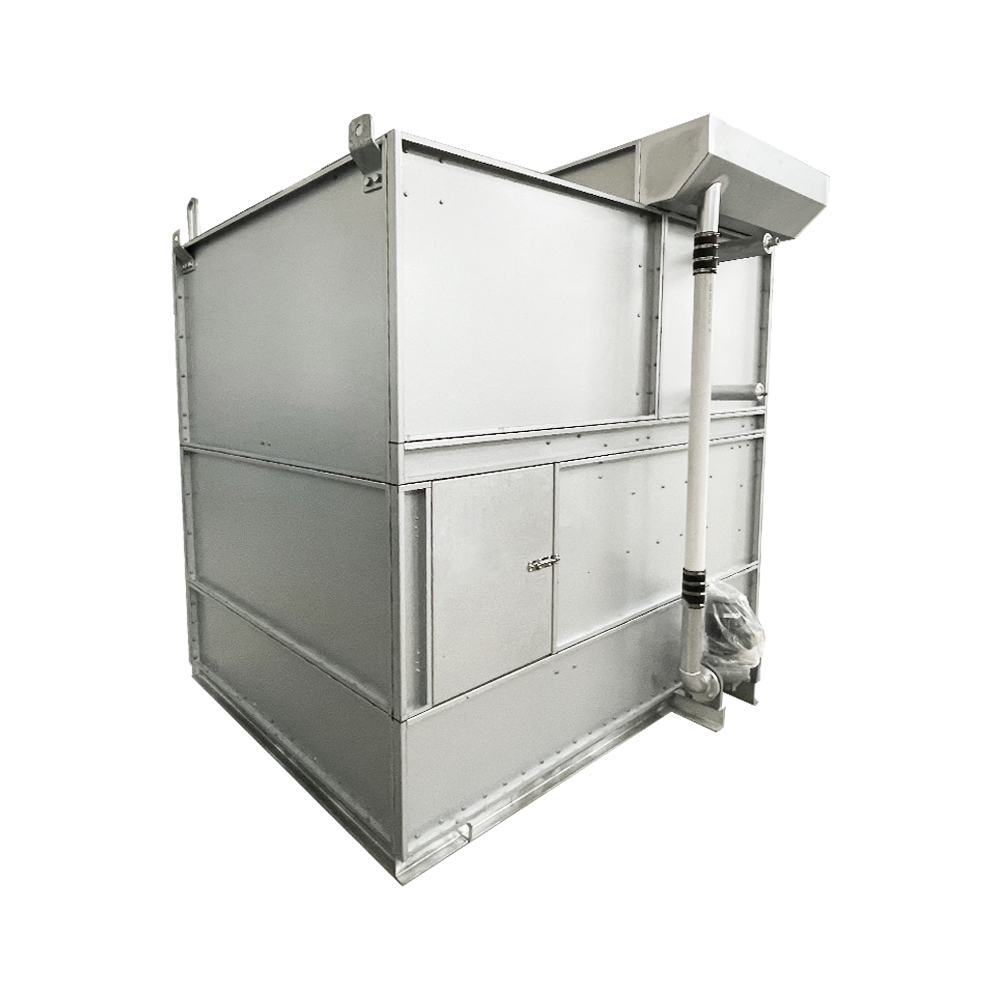
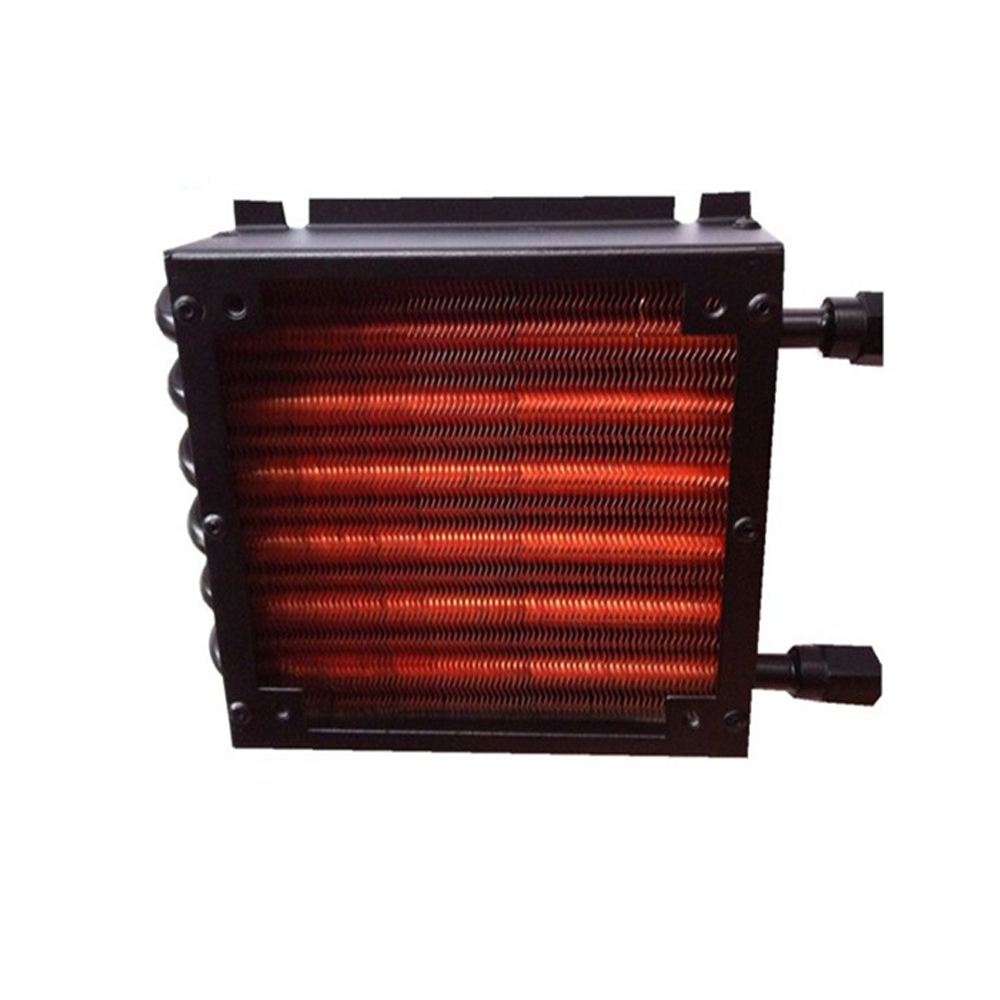
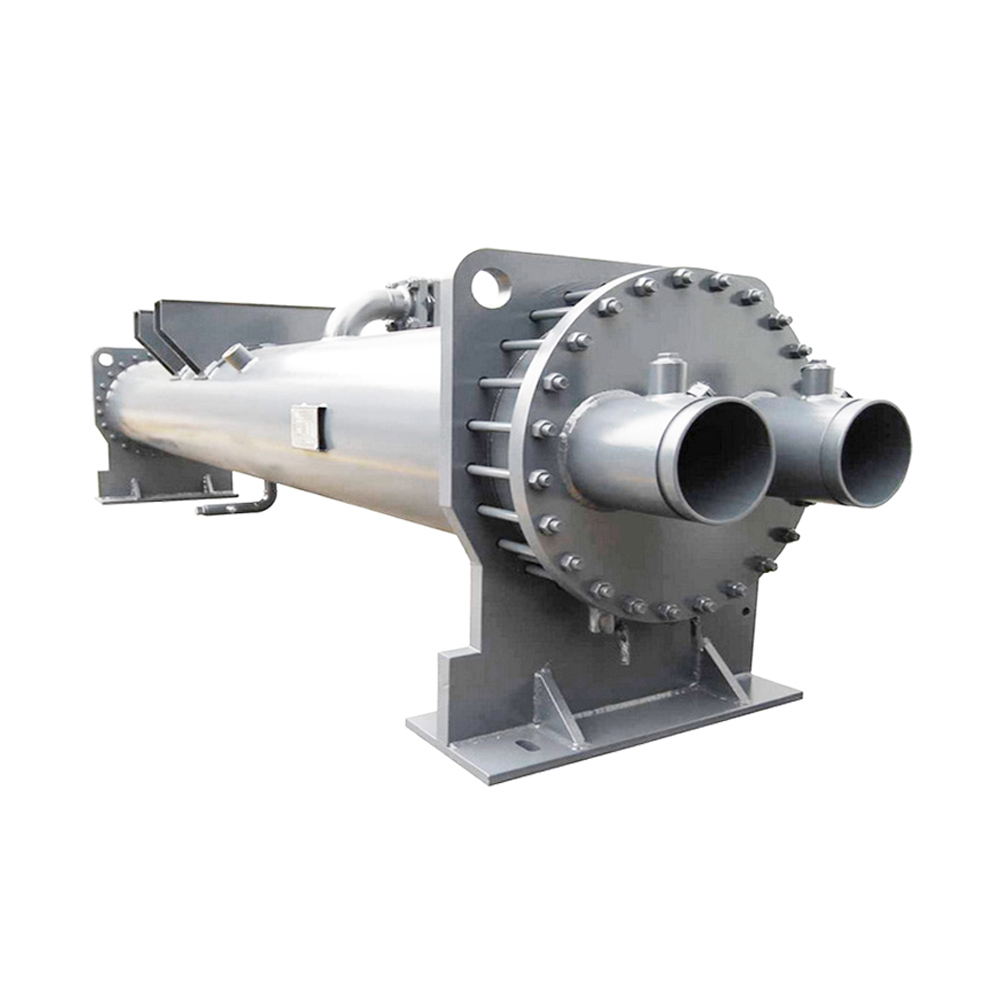
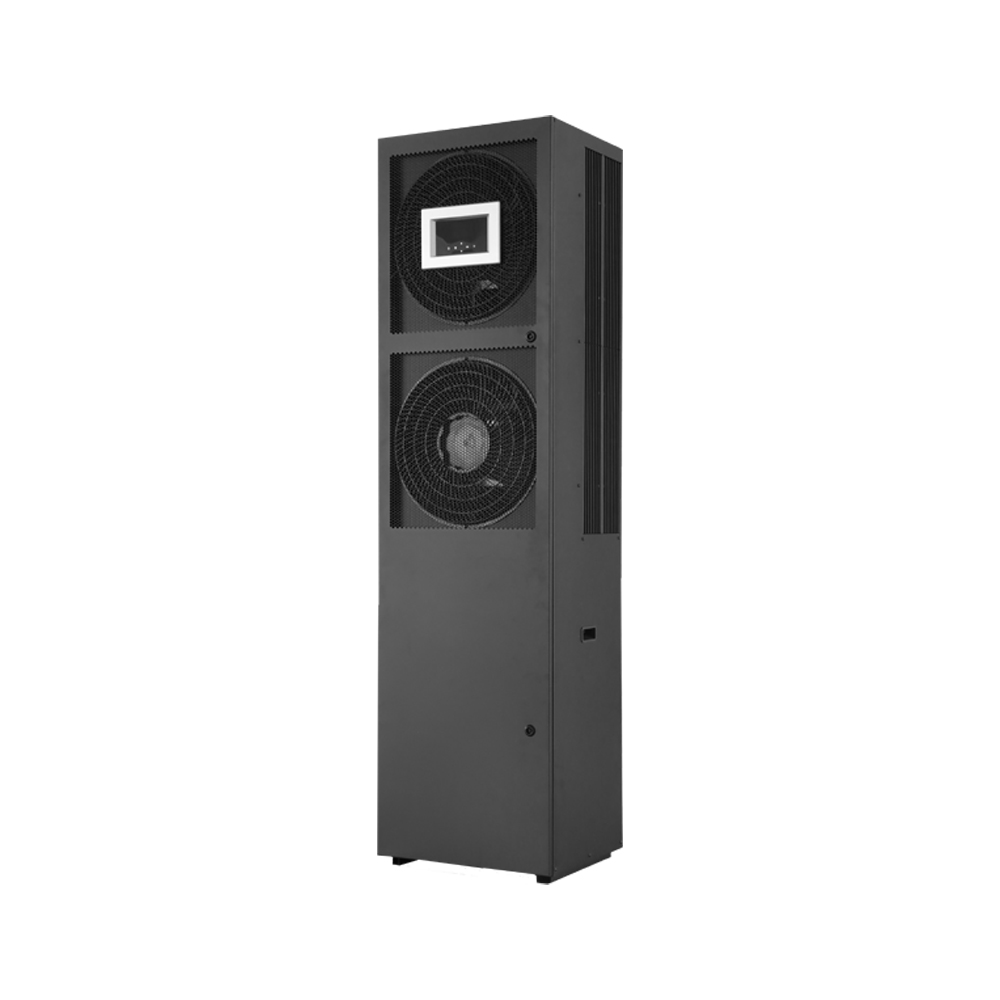
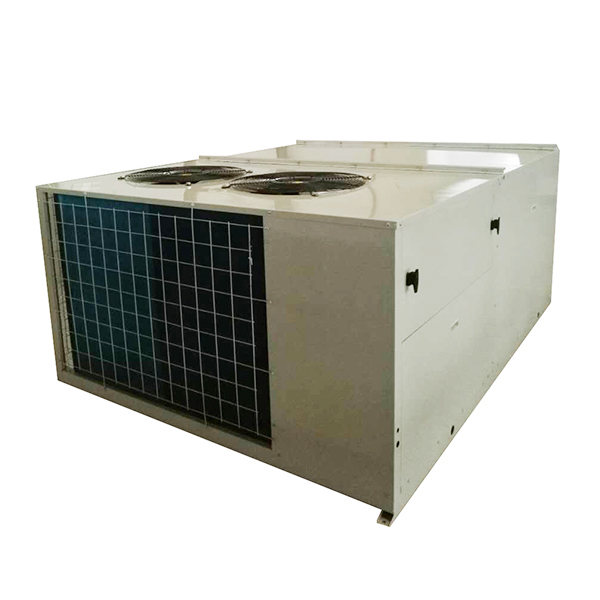
.jpg)
